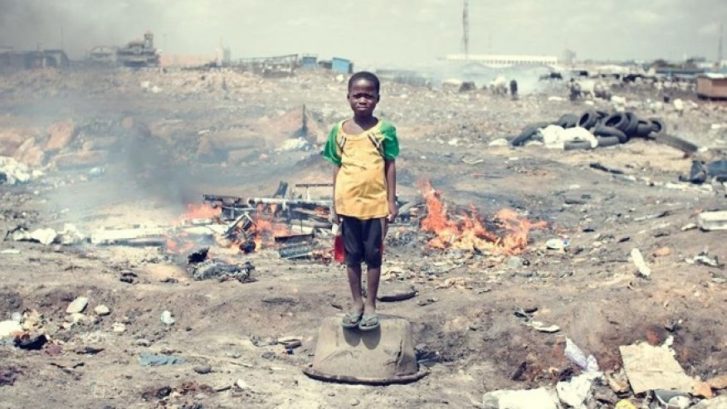Recently twitter and the like were abuzz with the warnings of catastrophic proportion in relation to air quality, World Health Organisation (WHO) produced some lovely artistic videos of the nearing apocalypse, (are you starting to detect my cynicism??) and political bodies of all persuasions started to raise up and army, equal only to that of the wildlings in size and cause….
Hang on a second, I am not a climate change denier and I am certain that the effects of mass urbanisation and desertification are causing very significant harm to our planet; historical anomalies in industrialisation and globalisation have meant that the distribution of growth is unequal and wealth is not evenly distributed, but a blog ain’t going to fix that, and let’s face it life is not fair to all either, and it would be boring if it were.
The #1 city for air pollution, according to the WHO Data is in Nigeria – Onitsha, Anambra State, certainly a city with a lot of environmental problems, the facts were that Onitsha air quality was almost twice as bad and cities such as Beijing or Kabul which spring to mind when one thinks of air polluted cities, and air quality was more than 25 times worse than London. But it only had 1 testing station, London has 50 and the data was from 2009!!! population density is 2.59x greater in Onitsha than in London.
Is this a good set of data to base any planning decisions, let alone generate publicity about?
I am not in anyway proposing Onitsha is economically or developmentally equivalent to London. I am simply trying to show that bad data will lead to bad decision. Onitsha is like most SSA urban centres a magnet for rural workers looking for employment. The speed of migration far exceeds any ability to undertake planning and public service development.
Development aid if granted, from my experience is predicated on grand master plans written by favoured consultants, often teleported in with boiler plate presentations of how it should be done contra to that is local consultants saying ‘this is xyz, that won’t work here’.
Solving the problem, is not just about cleaner fuel, disposing of garbage better or even growing more trees. I have already seen three (3) presentation sent to me, quoting the WHO proposition that Onitsha is the worst polluted city in the world, just read the national news headlines; like a virus these headlines spread and actually cause panic and paralysis to governing institutions.
The problem will not be solved through bad data, leading to consultants bad proposals, leading to bad policy, leading to poorly designed investment proposals, leading to abandoned projects.
The hardest part of environmental management is getting it onto the political agenda, once it has sustained political backing it WILL BE resolved. The case for environmental management is NOT saving the environment, it must be economic. The time horizon for an environmental case is too long, the economic case fits within the political horizon of elections and campaigning; a better cleaner environment will lead to investment, leading to jobs, leading to wealth creation, leading to security, leading a cleaner environment.
Organisations such as the WHO, UNFCCC and other multi-national, and their national (quasi international) partners DiFID, AFD, USAID etc. have a duty to act responsibly, headline grabbing stories are just headline grabbing – they must stand up to scrutiny, even at a local levels which they often ignore.
As one local official put it to dismiss the WHO findings;
“We know pollution is very bad here. But this city must be much better than Lagos,”

